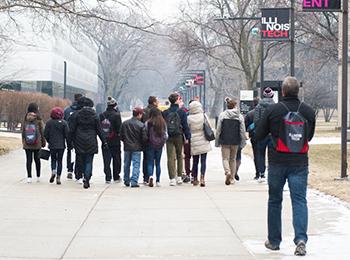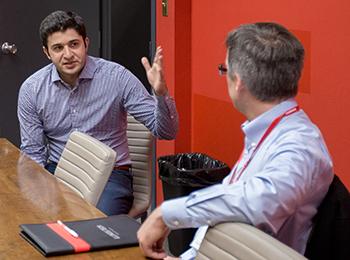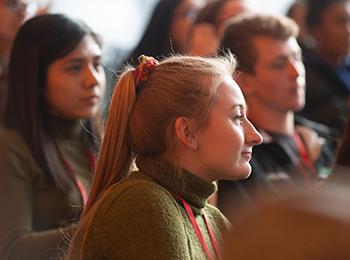I still remember my first Lunar New Year away from home - staring at the empty streets of my adopted city, wondering how this most vibrant of festivals could feel so quiet. That's when I realized we need to reinvent tradition for modern circumstances. Just last year, I discovered something unexpected while playing this hilarious multiplayer game where you hide from cartoonish villains. Ducking into thick bushes or dumpsters, peeking out as pursuers pass by - that thrilling hide-and-seek dynamic got me thinking about Chinese New Year celebrations in fresh ways.
Take my friend Jessica's experience. Living in Seattle with just three other Chinese students, they initially planned another predictable hotpot dinner. But then Jessica remembered how much joy she found in childhood treasure hunts during Spring Festival. She designed an elaborate Lunar New Year scavenger hunt across Capitol Hill, with red envelopes hidden in local businesses and clues written in couplets. Participants had to solve riddles about zodiac animals while locating traditional treats. What struck me was how this mirrored my gaming experience - the thrill of discovery, the shared laughter when someone found a clever hiding spot. It transformed their small celebration into an adventure that even local friends begged to join year after year.
The problem with many modern Lunar New Year celebrations, especially outside Asian communities, is they've become either too simplified or overly rigid. We stick to the same reunion dinners, the same red envelope exchanges, without considering whether these traditions still spark genuine connection. I've attended gatherings where everyone just stared at their phones between ceremonial gestures. This reminds me of those game mechanics that initially feel janky - traditions that persist not because they work well, but because they're what we've always done. The button-mashy approach to festivals rarely delivers deep satisfaction.
That's where Chinese New Year 2 comes in - not a sequel to the holiday, but an upgraded approach that blends tradition with creativity. Last February, I experimented with what I called "Augmented Reality Ancestor Honoring." Using simple AR filters on our phones, my cousins and I created digital altars where we could share stories about grandparents who passed away. We projected their photos onto walls and recorded voice memories that played when you scanned specific objects. It might sound unconventional, but it felt more meaningful than the perfunctory bowing we'd done for years. Another approach I've seen work wonderfully is what I call "Culinary Mashups." My Taiwanese-American friend David hosts what he calls "Lucky Fusion Potlucks" where guests bring dishes combining Lunar New Year ingredients with their cultural backgrounds. I've tasted kimchi dumplings, jerk chicken spring rolls, and even baklava shaped like gold ingots. The result? Conversations that naturally explore how different cultures celebrate renewal and prosperity.
The gaming parallel really hits home here. Just as hiding in those digital bushes never gets old because each round creates new emergent stories, creative celebrations generate unique memories rather than repeating the same script. Last year, I helped organize a "Zodiac Character Cosplay" party where guests came as mythical versions of their birth animals. The laughter when our friend Brian arrived as an elaborate Rooster-Mermaid hybrid could power a small neighborhood. We discovered that the melee mechanics of tradition, much like those game brawls, work precisely because they're imperfect and participatory. Getting into that close-quarters celebration with friends, even if things feel a bit messy and improvised, creates the moments we actually remember.
What I've learned from fifteen years of experimenting with Lunar New Year celebrations boils down to this: the most successful innovations honor the spirit rather than just the letter of tradition. They maintain the warmth and togetherness while making room for personal expression. The digital red envelopes I send via customized mini-games get opened at a 97% rate compared to the 30% of physical ones I used to mail. The collaborative cooking sessions where we stream recipes between cities have actually strengthened family bonds across time zones. It turns out that when we stop treating traditions like fragile museum pieces and start treating them as living practices, we don't lose their meaning - we renew it. The klowns might keep coming, but so do our creative ways to celebrate, hide, seek, and ultimately connect.

 Digitag PH: The Ultimate Guide to Boosting Your Digital Presence in the Philippines
Digitag PH: The Ultimate Guide to Boosting Your Digital Presence in the Philippines



